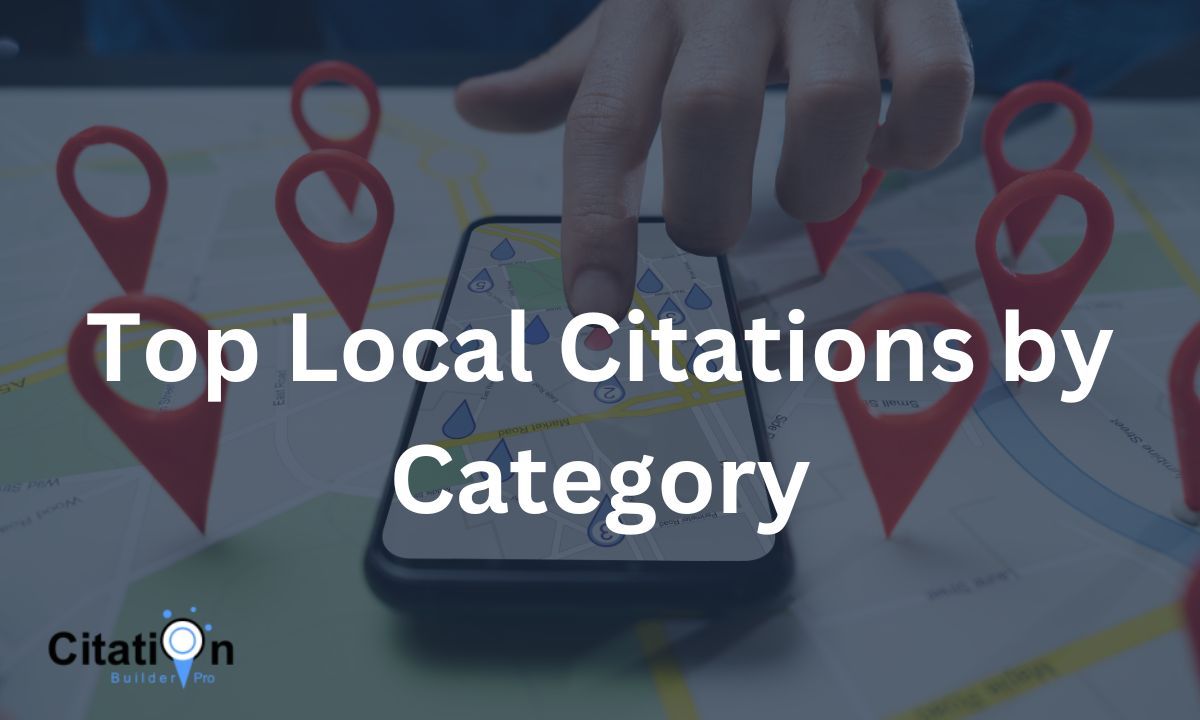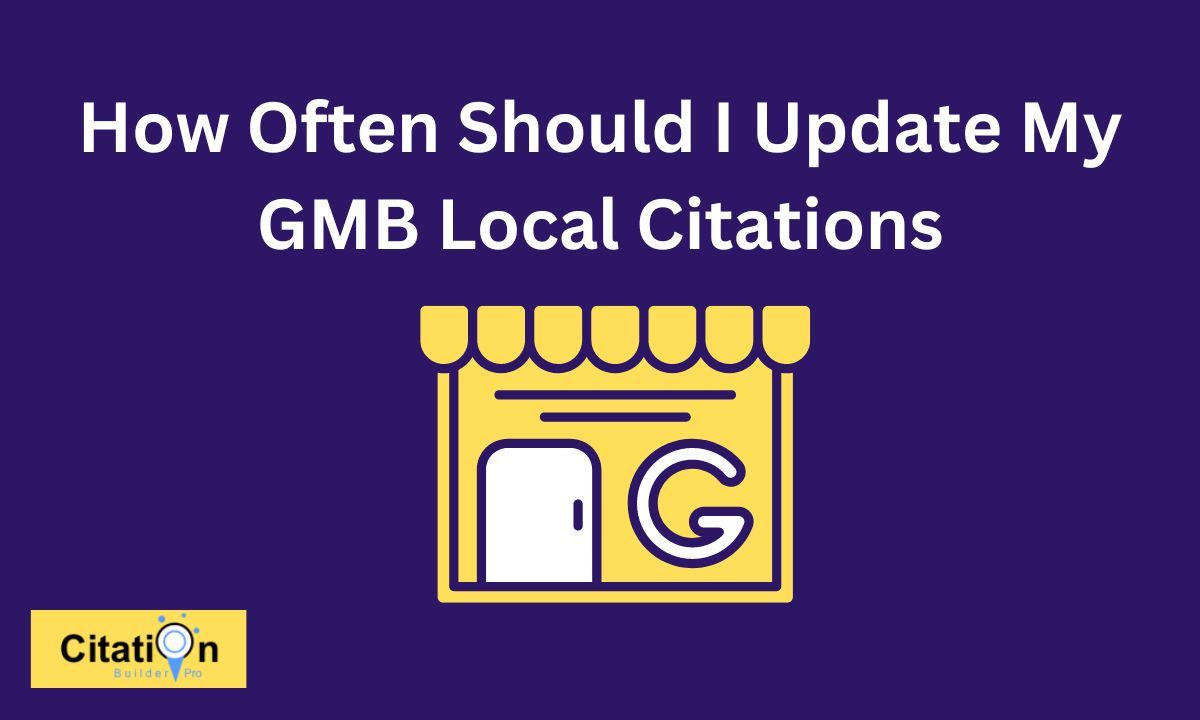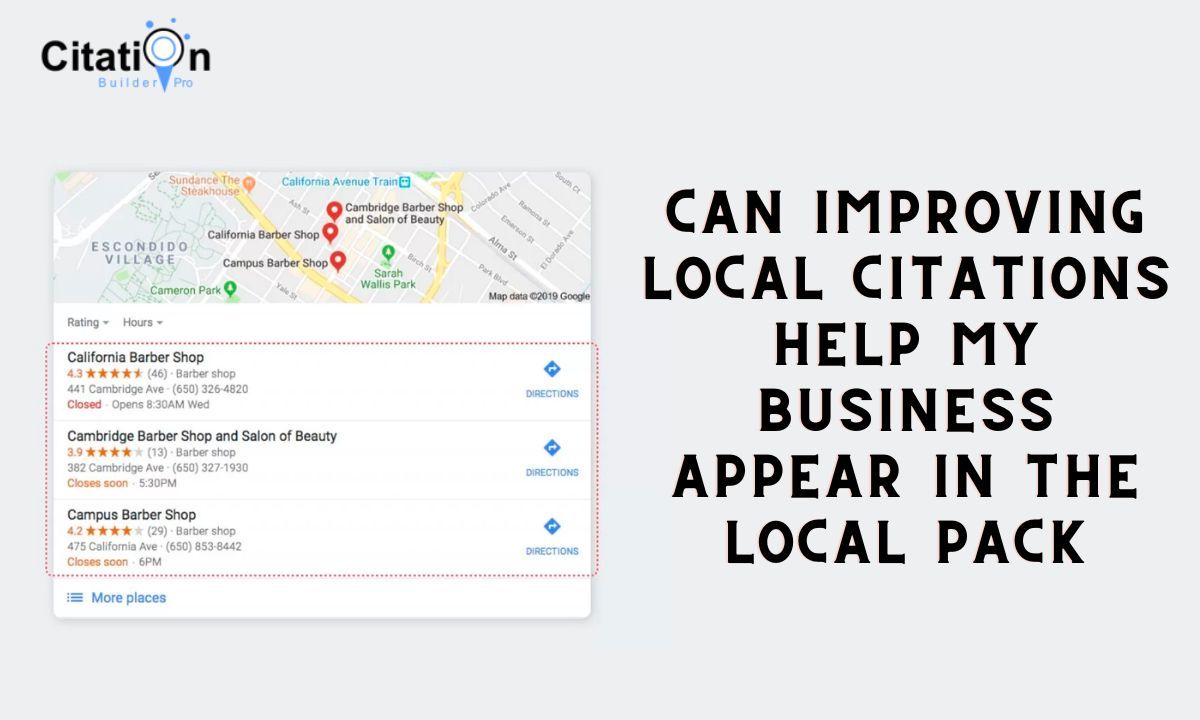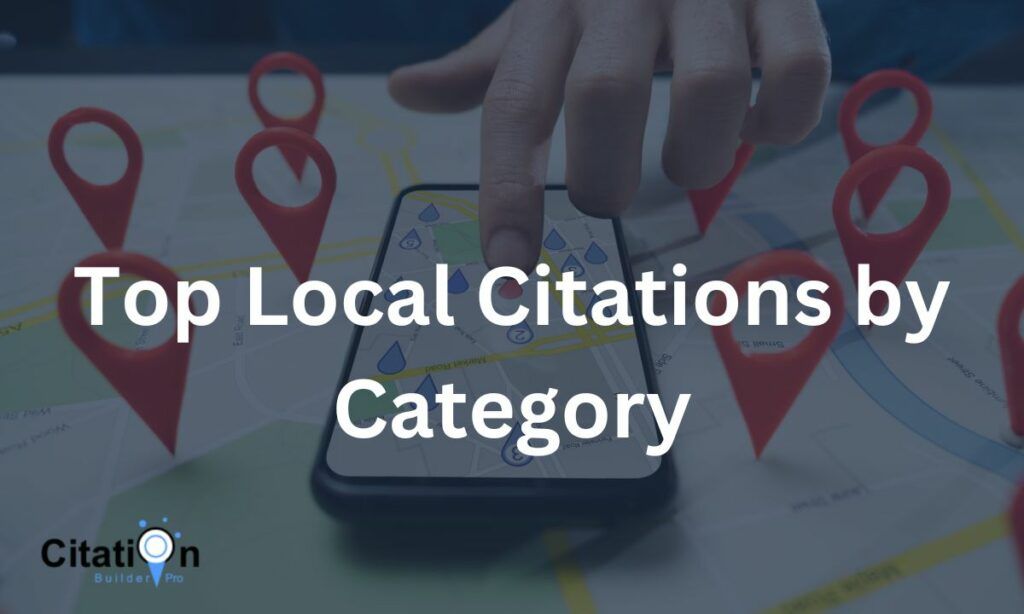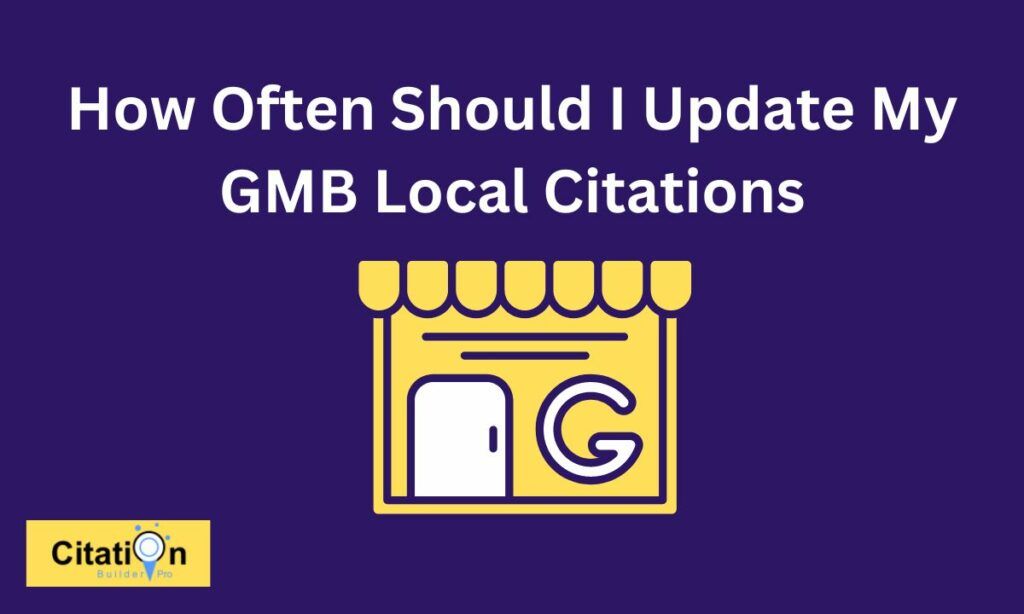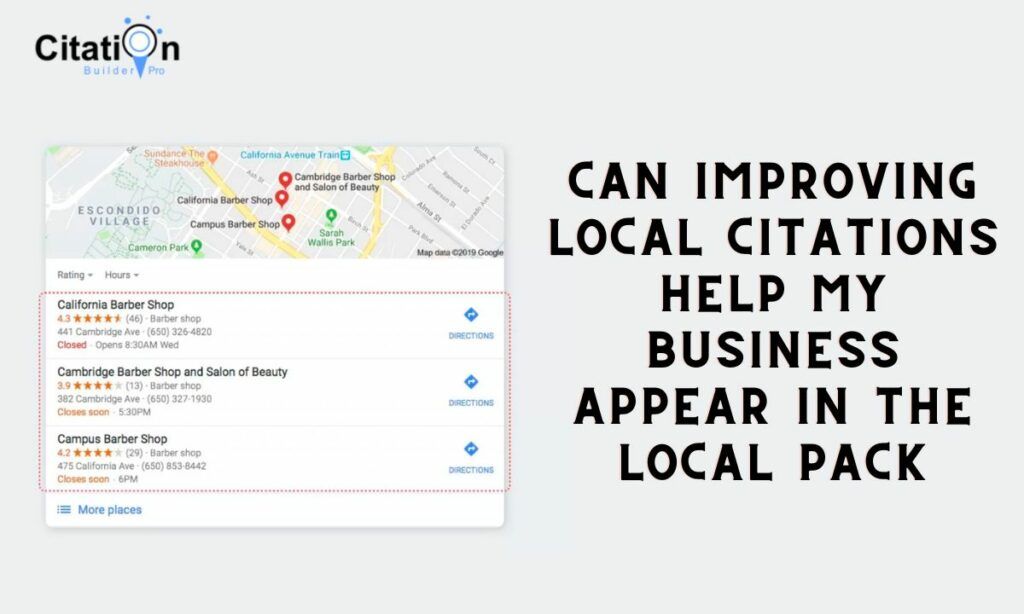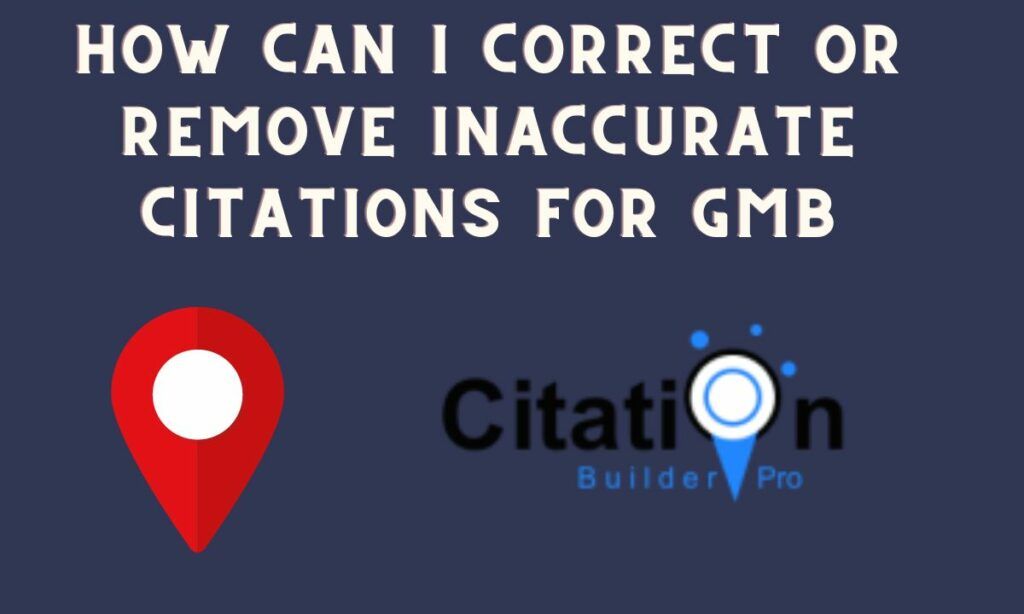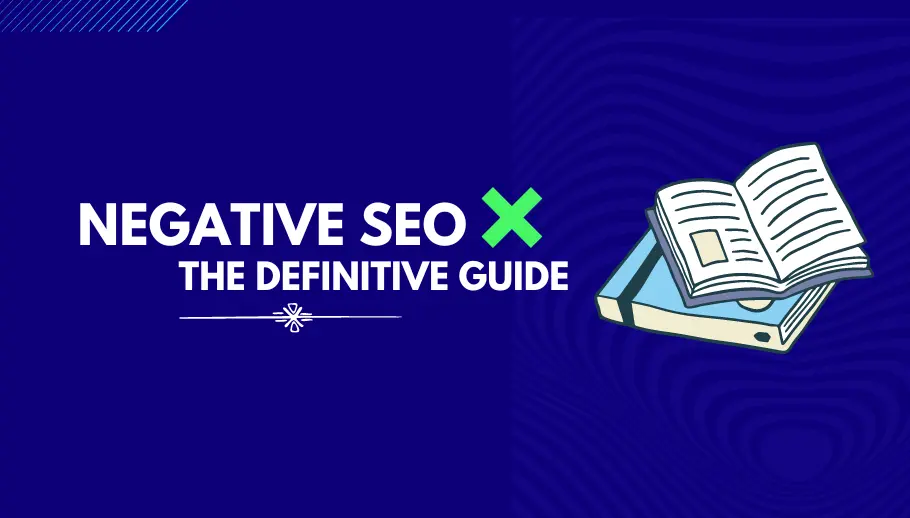
With the constant urge to see their online businesses boom in the SERPs (Search Engine Result Pages), owners have indulged in cutthroat competition. While some work in a definite and ethical way to boost their search engine ranking, others opt to degrade their competitor’s value by implementing negative SEO.
Negative SEO is legitimate trouble to e-commerce business owners. They not only lose their organic search visibility but also end up losing their revenue.
This article will focus on all aspects of negative SEO, starting from the definition. While covering the types of SEO attacks, we will move to cover the ways to protect the website from negative SEO attacks and the tools that will prevent negative SEO attacks.
Table Of Contents
What Is Negative SEO?
An attempt to temper the ranking of a website on Google and other search engines by using certain malicious practices comes under negative SEO. Such attacks aim to lessen the impact of the positive SEO techniques that an organization is employing, which in turn attracts lesser organic traffic, generating a lower revenue.
Such negative SEO techniques fall under the much-known black hat SEO and are carried out by ferociously generating backlinks, duplicating content, bombarding the site with negative reviews, etc.
Such attacks result from immensely spreading online competition that compels fraudulent companies to attack their heavyweights of similar industries unethically.
Is Negative SEO Effective?
Search engine giants like Google have worked hard to eliminate or at least lessen the black hat SEO techniques. Still, even the slightest impact can be troublesome for your website’s reputation.
If you check on job portals, around 1500 job seekers are ready to diminish another website’s performance by indulging in negative SEO attacks at merely 5$.
Negative SEO techniques can harm your website, which can last for around a month before you try recovering using tools like Google Disavow, Google Search Console (Google Webmaster), etc. Therefore, it is better to work on the theory that prevention is better than cure and employ measures to prevent negative SEO attacks.
What Are The Different Types Of SEO Attacks?
Negative SEO techniques are not just a single-shot game. There are varied directions and types in which you can bump into it.
Let us pour some light on the types of SEO attacks that you can encounter in this ever-challenging journey of optimizing your website.
1. Link Farming
Link farming can be used to sabotage other websites. However, it should be clear that you should be aware of this old-school negative SEO technique. In this, a link in the form of a web is developed amidst the websites to boost the SEO ranking of these websites.
There are severe penalties when one is found involved in link farming. You should immediately report the websites involved and be aware of scenarios when you unknowingly get involved in such an act.
2. Website Hacking
This is the most familiar term for all online users. Hackers who intrude into your website to copy your content, temper your data and information and make you lose your potential customers deploy hacking.
The customers end up losing trust in you, depleting your organic traffic and reducing your search engine ranking. Cyberattack or hacking is widespread these days and large amount of security measures that you can undertake to safeguard your website.
3. Fake Reviews
Reviews are an essential part of a website; they affect a customer’s decision-making process. Fake or negative reviews tend to degrade your reputation resulting in the loss of the customer.
The bright local study forecasted in their research that there would be an increase of 77% in customers in 2021 who read online reviews to purchase from local buyers. In addition, in another study, it was stated that around 62% of owners found fake reviews published about their websites.
There is a strong need to consider these reviews and flag the ones coming from fraud profiles.
4. Content Scraping
Online content, be it images, text, or HTML, anything can be copied by merely using a copy and paste option. You might have sometimes seen that two websites have similar content. This concept of content scrapping can be easily implemented, harming the SERP of a website.
Fraudulent companies use scrapping bots to copy website data, which takes them a few seconds and ultimately decreases your ranking.
5. False Takedown Requests
The high-quality backlinks of an organization are undone using fake takedown requests. In this, a faker, who imitates to be a genuine owner, talks to the website owner through email or chat and requests to remove their company’s backlinks, considering the new Google policies.
The website owner immediately removes the links to avoid breaching Google policies. This negative SEO technique results in a loss of organic traffic to the website.
How To Safeguard A Website From Negative SEO?
With SEO technology at the boom and its constant changing pattern, there is a need to be at the toes not only with positive SEO techniques but also with negative SEO techniques that might harm your website.
Therefore, here we have come up with a curated list of preventive measures that will keep your website protected from negative SEO attacks.
1. Frequently Audit Your Backlinks
Backlinks are essential and gained a lot of organic traffic to the website. There is always a steady growth of link profiles. However, a sudden peak can be troublesome and needs to be controlled before it escalates negative SEO.
In addition, your website’s backlinks need to be regularly monitored to check when the website gains or losses a backlink.
2. Track Your Website’s Speed
A critical factor in generating a website’s ranking is its speed. You need to keep constant track of your website’s load time. If you find that your website has slowed down suddenly, it might result from forceful crawling. Such malicious activities need to be taken care of, and an instant report needs to be sent to Google before it is too late.
3. Continual Check On Scraped And Duplicate Content
You need to be fully committed to your website at every point. As you might be aware, content marketing has taken the internet by storm, so the need to generate quality content is vital. However, to make things easy, some websites scrap the content of others and use it anywhere they want.
The main concern arises when this website content is indexed before yours. This will result in degrading your search engine ranking.
4. Upgrade Your Website’s Security
A website secured from all aspects will likely have fewer chances of falling prey to hackers. Security practices for e-commerce websites must be followed, including regularly updating the website, taking frequent backups, using the latest plugins and themes, and strong password policies.
The new addition to the list is installing an SSL certificate on the website. SSL certificate encrypts the data sent over the communication channel, making it hard to decipher.
These security certificates are of varying types; one such is the DV SSL certificate. You can find a low-cost or cheap DV SSL certificate that you can purchase from almost all providers.
Besides DV SSL, there are Organization Validation and Extended Validation certificate that requires verification of business registration details to issue a certificate.
5. Keep An Eye On Negative Online Reviews
Reviews help you strive and grow in this competitive market. Your reviews give an insight into your services and quality. Nevertheless, when there is a flurry of negative reviews on your Yelp, Google, or other platforms, it is a matter of concern.
You need to track down such negative reviews and check for the sender. If you feel that these reviews are coming from a fraudulent account, then Google and other search giants give you the privilege to flag these reviews as spam.
6. Monitor Your Social Media Mentions
Various social media monitoring tools let you take note of your social media mentions. To escalate negative SEO, the attacker often creates a fake profile under your name and degrades your image.
You can keep track of your social media occurrences through various tools. These tools will notify you when your business name is mentioned on a social media page.
Tools To Recover From Negative SEO
The increase in negative SEO attacks has compelled organizations to step forward and design tools that help business owners combat negative SEO attacks. Although the list of tools is endless, still we have mentioned below a few tools that will make your work fourfold easier.
1. Google Search Console
Google Search Console (GSC) is a free service from Google. It helps to monitor and resolve issues regarding the website’s presence in Google Search results.
It can fix indexing issues and allows re-indexing of new content. You can view the Search traffic of your website. It also sends alerts if any spam activities or indexing issues on your website. You can export data related to ‘dofollow’, ‘nofollow’ links, and anchor text to MS Excel.
2. Copyscape
An easy-to-use tool where you must paste your copied content and check whether it is published elsewhere without your permission.
3. Monitor Backlinks
Instead of manually checking the backlinks, this tool saves a lot of your time. You need to create your profile and enter the domain. It will regularly update you when backlinks are gained or lost.
4. Google Disavow
This tool helps protect the website from spammers. They help improve website ranking by removing low-quality backlinks.
5. Mention.net
Another easy tool creates an alert for you every time your company name or mentioned keyword occurs on social media channels.
6. Pingdom.com
This tool lets you keep track of your website’s uptime and loading time. You can get email alerts whenever the site is down.
The Bottom Line
To survive the fast-flourishing competition among e-commerce businesses, keeping track of your website and prioritizing its search engine ranking is essential.
Although negative SEO attacks have become common, google has still devised measures to subside them. The tendency of black hat SEO has lessened, but if the sole purpose of these attacks is to sabotage, they can indeed succeed.
Therefore, there is a need to monitor the website regularly using the above preventive standards. If a negative SEO attack is encountered, you should immediately deploy the tools to recover before it escalates and further reports the incident to Google.
How useful was this post?
Average rating 0 / 5. Votes: 0
No votes so far! Be the first to rate this post.

I am the founder of Citation Builder Pro. I have been in the SEO and content marketing industry for 15 years and have a lot of experience in public relations and online marketing.
I started Citation Builder Bro to help businesses of all sizes create high-quality citations for their websites. My team and I are dedicated to providing our clients with the best possible services.

